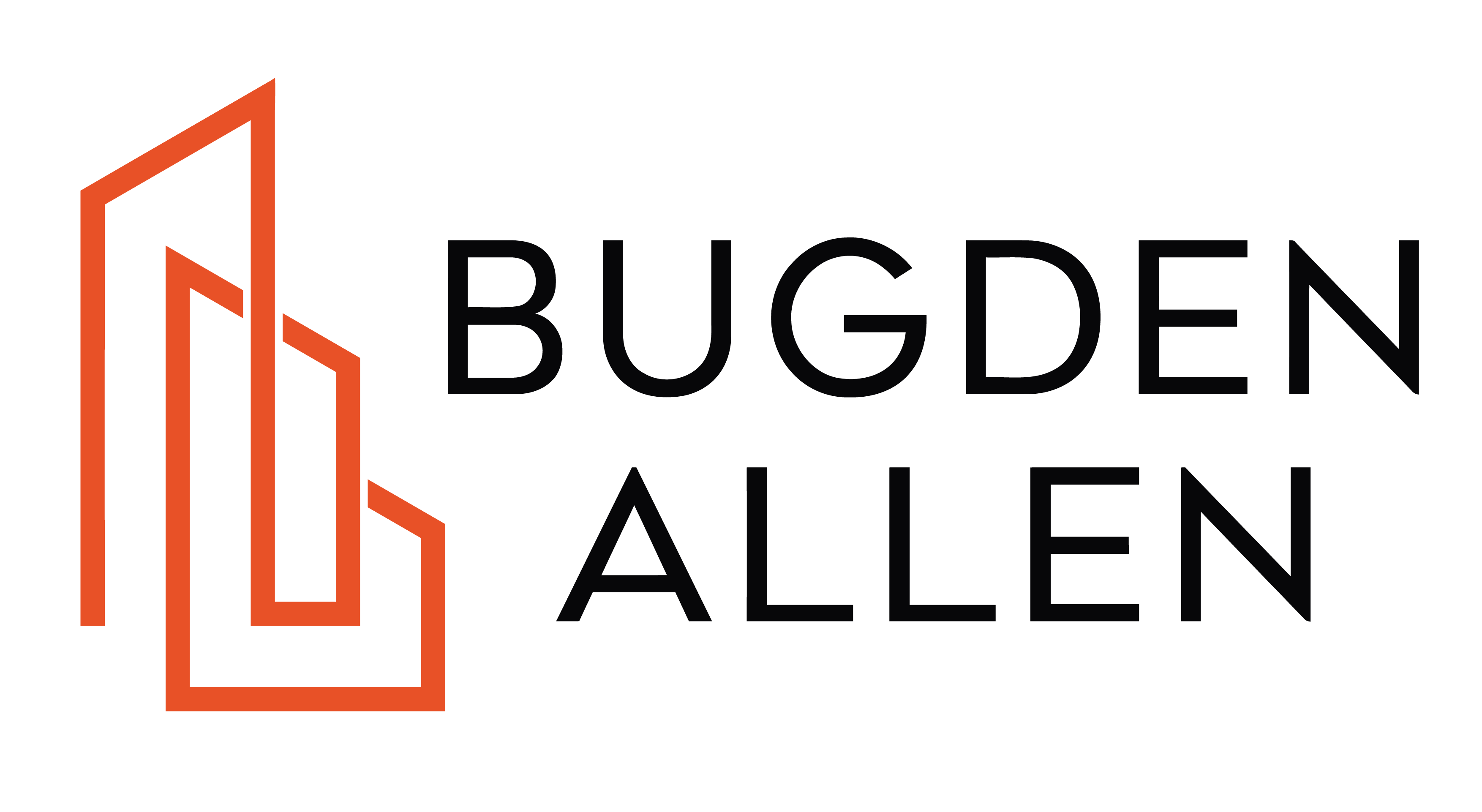Strata Schemes Legislation Amendment Bill 2024 (NSW) introduced in the Parliament
This article is outdated, and significant updates have been made. You can find the latest version here: Parliament passes Strata Schemes Legislation Amendment Bill 2025 (NSW) – Bugden Allen Group Legal
On 20 November 2024, the Strata Schemes Legislation Amendment Bill 2024 (the Bill) was introduced in the Legislative Assembly. The Bill will amend Strata Schemes Management Act 2015 (the SSMA) and incorporate some of the recommendations in the report on the statutory review of the SSMA tabled on 29 November 2021. The Bill will also amend another nine pieces of legislation, including Community Land Management Act 2021, Fair Trading Act 1987, Conveyancing Act 1919 and Property and Stock Agents Regulations 2022.
The proposed changes to SSMA and other legislation are summarised below:
- Strata manager and building manager obligations
- Strata manager
- Strata managers are required to give records of their exercise of functions of the owners corporation every 6 months.
- A new defence will be introduced to protect a strata manager from being liable for breach of duty, if the breach of duty is caused by the owners corporation and the agent took all reasonable steps to prevent the breach of the duty.
- Building manager
- A new section will be introduced to impose a duty on the building manager to act in the best interests of the owner corporation and make it an offence if the duty is breached without reasonable excuse. The regulation may prescribe additional duties.
- Strata committees
-
- The Bill sets out a more extensive list of duties for strata committee members, from a broad duty of due care and diligence, to more specific ones. These include that strata committee members are to only use or disclose information obtained about an owner for the purpose of carrying out committee functions and that they are not to behave in a way that unreasonably affects a person’s lawful use or enjoyment of a lot.
- Committee members will also be required to complete required training in order to remain a member of the committee.
- An owners corporation will be able to vacate an officer of the owners corporation by ordinary resolution, instead of by special resolution.
- Changes to financial management and financial functions
-
- Capital works fund estimates which are required to be prepared at each annual general meeting will include expenditure to install, replace or repair common property infrastructure, fixtures and fittings for the sustainable use of the scheme.
- At the first AGM, the owners corporation is required to prepare a 10-year capital works fund plan. The legislation will require that the plan be prepared in the form prescribed by the legislation and that it be prepared with consideration of initial maintenance schedule (IMS) prepared by the original owner.
- Where an owner’s levy contribution is in arrears and would like to enter a payment plan, the owners corporation will be able to agree to the payment plan by resolution, or reasonably refuse the plan. The regulation will prescribe what constitutes a reasonable refusal, and the owner will be able to apply to the Tribunal to agree if the refusal is not reasonable.
- If the owners corporation is to take action against the owner for overdue levies, the notice to take action will be increased from 21 days to 30 days. The owners corporation will not be able to take action against the owner if a payment plan is in place and is being complied with.
- Where the owners corporation is to approve legal advice, the resolution will either specify the maximum costs, or note that the costs is unlimited.
- Repair and maintenance obligations
-
- If an owner wants to take action against the owners corporation for a breach of duty to maintain and repair property under section 106, the limitation period will be increased from 2 years to 6 years after the owner first become aware of the loss.
- Fair Trading will be able to investigate, monitor and enforce the owners corporation’s compliance with section 106 to repair and maintain common property, and will be able to do so by exercising the following powers:
- Information gathering power, such as power to require documents or answers and power to record evidence;
- Powers in relation to premises, such as power to enter premises and power to apply for a search warrant;
- Seizure and destruction of items that are in contravention of section 106;
- Remedial actions such as accepting an undertaking from an owners corporation;
- Issue a compliance notice to the owners corporation in the event that there is a breach of section 106.
- Works to common property
- Where an owner wants to carry out minor renovations and applies for the approval of the owners corporation, the strata committee with the power to exercise the functions of the owners corporation will be able to refuse the approval. In this case, the committee will have to give written notice of the refusal and reasons for the refusal to the owner within 3 months of the request. If written notice is not given within 3 months, it will be deemed that approval is provided by the committee. A record of approved minor renovations will have to be kept for 10 years.
- An owner must give consent before a common property by-law conferring special privilege is added. The legislation will require consent also be given if such by-law is amended or deleted.
- Developer obligations and off-the-plan sales
- The original owner, being the developer of the property, has the responsibility to prepare the IMS for the common property in accordance with the regulations. The legislation will further require that, for a multi-story scheme, prior to the first AGM, the developer must engage an independent surveyor to review and certify the IMS and the estimates of the contribution. It will be an offence if the developer fails to comply with the requirement, or engage a surveyor who is connected with the developer.
- Sustainability and Accessibility
- A by-law will have no effect if it prevents installation of sustainability infrastructure solely to preserve the external appearance of the building, unless the building is heritage-listed or within a heritage conservation area.
- A new item will be included in the required items of the agenda for AGM, being an item to consider environmental sustainability within the scheme, including the common property annual energy and water consumption and expenditure.
- Record
- The regulation will prescribe the maximum fee to be charged for inspecting owners corporation records under section 183.
- A strata information certificate will include information on the exclusive supply networks/embedded networks in the strata scheme.
-
– Coco Chen, Solicitor
© Bugden Allen Group Legal Pty Ltd. All information contained in this article is of a general nature only and you should obtain specific legal advice in relation to any property-related affairs on any of the topics mentioned




